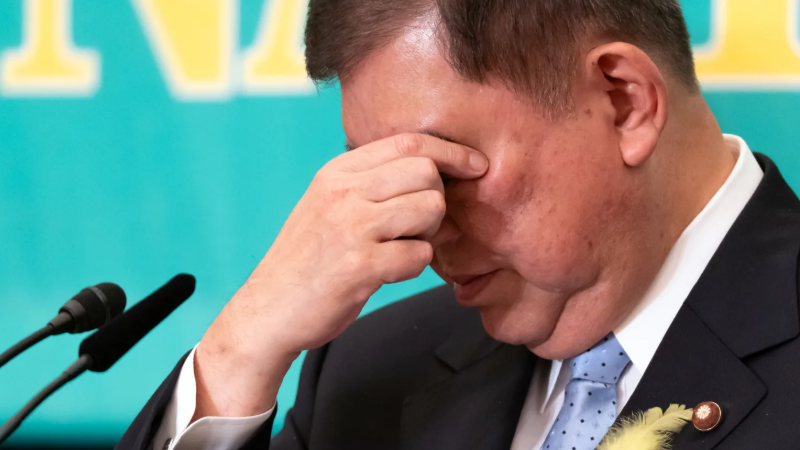Japan’s embattled prime minister Shigeru Ishiba, fresh off a crushing defeat in upper house elections over the weekend, will not be in a position of strength to negotiate a favorable trade deal with the U.S., analysts said.
The ruling Liberal Democratic Party and its coalition partner, Komeito, also lost their majority in Japan’s lower house last October, opening Ishiba up to a no-confidence vote by the opposition and the prospect of removal.
The political turmoil leaves Japan vulnerable in trade negotiations with the U.S., advisory firm Quantum Strategy said in a note on Monday.
”Trump will show no mercy to [either] a lame duck Ishiba or because of a political vacuum,” the firm noted, adding that Japan could be hit with a 25% tariff, come Aug. 1.
“Japan is in for a lengthy period of weak governance. That matters to markets because Japan needs a strong government to deal with the defence and trade.”
Norihiro Yamaguchi, Lead Japan Economist at Oxford Economics, agreed and said that Tokyo now has a weaker hand in trade talks.
With the loss of its majority, the government needs to consider opinions from opposition parties more, Yamaguchi told CNBC, pointing out that the U.S. “will probably take this into account and approach negotiations with a strong attitude.”
He added that the U.S. may not prioritize trade talks with Japan due to Ishiba’s weak mandate, which means that negotiations will likely be protracted.
Indeed, U.S. President Donald Trump had said earlier that he did not expect the two countries to reach a deal. He described Japan on separate occasions as “very tough” in trade talks and labeled the country “spoiled” for not accepting U.S. rice despite facing a domestic rice shortage.
Japan had imported just over 350,000 tons of rice in 2024 from the U.S., with the U.S. being the largest exporter of rice to Japan in that year.
The sticking points are also adding up. Before the upper house elections, Japan’s top negotiator Ryosei Akazawa had brushed aside any deadlines, including the U.S.′ August 1 deadline, adding that he would not sacrifice Japan’s agriculture sector for the sake of an early agreement.
He also reportedly said that any deal must include auto concessions for the country, which are a cornerstone of Japan’s economy.
While Quantum Strategy was bleak in its outlook for Japan, saying that “Trump’s draconian tariffs will cripple the economy,” analysts from HSBC have taken a different view.
With the upper house election over, Ishiba now has more room to compromise with the U.S., the HSBC analysts said, which could raise hopes for a deal.
This could be in the form of increasing imports from the U.S., such as LNG, defense equipment, and agricultural goods, or relaxing non-tariff barriers, in return for some form of U.S. tariff relief.
“For Prime Minister Ishiba, a favourable U.S. trade deal could help stave off a no-confidence motion or internal challenge from the LDP, ” the HSBC analysts said Monday.
But Oxford’s Yamaguchi cautioned against raising hopes too early, especially regarding the removal of reciprocal tariffs.
“The precedents set by the U.K., Vietnam, and other countries have shown that even if negotiations proceed smoothly, it will be difficult to completely withdraw reciprocal tariffs,” he pointed out.


